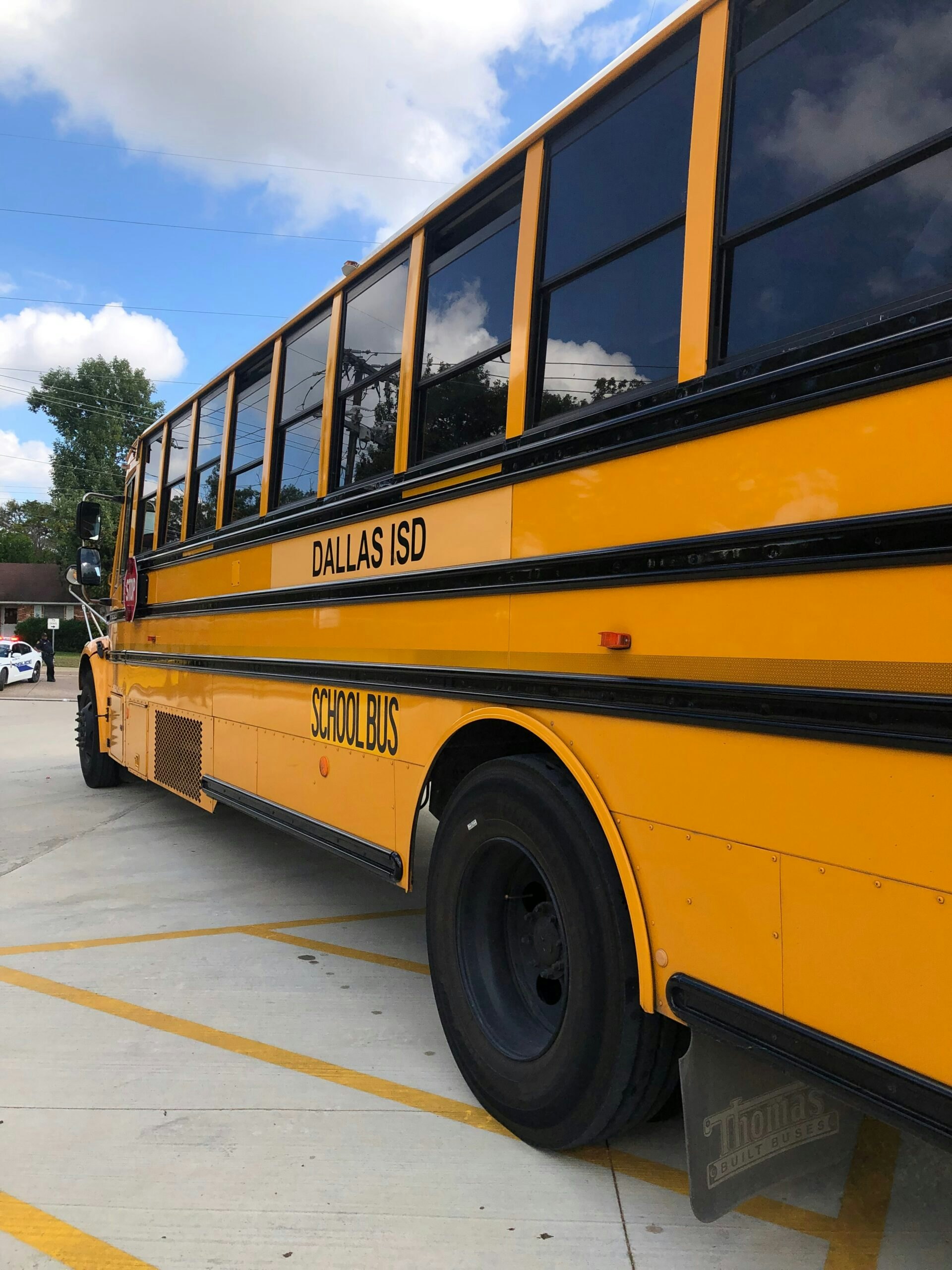The George W. Bush Institute hosted a panel discussion focused on college and career readiness, early childhood, and the importance of school leaders in driving better results for all children.
On Wednesday, we hosted the Charlotte Chamber of Commerce and more than 125 senior business and civic leaders to discuss education and the economy. The George W. Bush Institute’s Director of Education Reform Anne Wicks moderated a panel focused on college and career readiness, early childhood, and the importance of school leaders in driving better results for all children. Panelists included myself, President of Southern Methodist University (SMU) Gerald Turner, Dallas Independent School District (DISD) Superintendent Michael Hinojosa, and COO of the Commit Partnership Sagar Desai.
According to the State of Our Cities education data tool, there are a lot of similarities between Charlotte and Dallas. For example, Charlotte Mecklenberg Public Schools (CMS) is the 18th largest district in the nation with 143,199 students and DISD is the 14th largest with 159,704 students. Both cities face a high child poverty rate, and both school districts grapple with significant achievement gaps along racial subgroups.
In an effort to address these challenges, both cities are testing innovative approaches to improving education. For example, DISD has put an emphasis on ensuring all students are well equipped to enter college and be successful once there. DISD will be opening 23 early college high schools and collegiate academies where students can earn college credit or an associate degree at no cost.
The panel weighed in on several topics including the importance of collaboration between school districts, cities, and the colleges serving the community as well as the importance of early childhood education. In a discussion about charters and their impact on districts, panel members noted that the increase in charter enrollment in Dallas has prompted the district to launch innovative projects – like the collegiate academies – to keep families enrolled in DISD.
However, our research has shown that these interventions only work when a high quality principal is at the helm, focused on instructional quality, student success and school culture. The Bush Institute recently highlighted Charlotte-Mecklenburg Schools as a “district to watch” in our Principal Talent Management Framework. CMS developed a 5-year induction program for new principals—an amount of support that has previously been unprecedented. Finding, supporting, and keeping great principals is a key lever to improving schools; Dallas and other districts can learn and potentially shape their programs from the work happening in Charlotte.
To learn more about the work the Bush Institute is doing on school leaders and advancing accountability, visit our website: http://www.bushcenter.org/stateofourcities/.





























